Written by:
Zainab Kehinde
Ebira traditional attires are one of the most beautiful, as well as attractive and they are of two different types which are the White and the Black and White, Blue, and Red stripes. The White stands for purity, unity, and oneness, while the Black and white stands for strength, formality, sophistication.
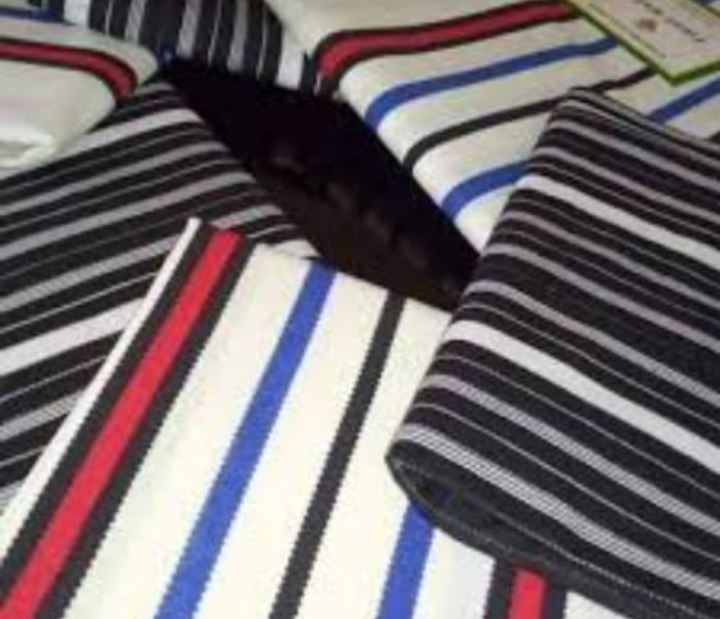
These beautiful attires have been made by a hardworking and creative Ebira woman (women) they weave these colourful fibres, these Ebira women also work in the rayon style cloths used a lot of extra weft float patterning to bring out the best quality and much more which are made of beauty, quality and rich culture valve by weaving it in the front the veranda of their houses and it is been sold in the Okene main market every four days and traded widely across Nigerian and beyond, each colour is for a special occasion. when we look carefully at these wonderful attires, you see over eight or over ten under one thread is quite irregular, together with the joining of layout to create warp stripes, this gives a complex and dynamic effect to the design. The forms, styles and patterns of cloths have, over the years, been carefully developed to produce the unique characteristics of the Ebira fabrics.
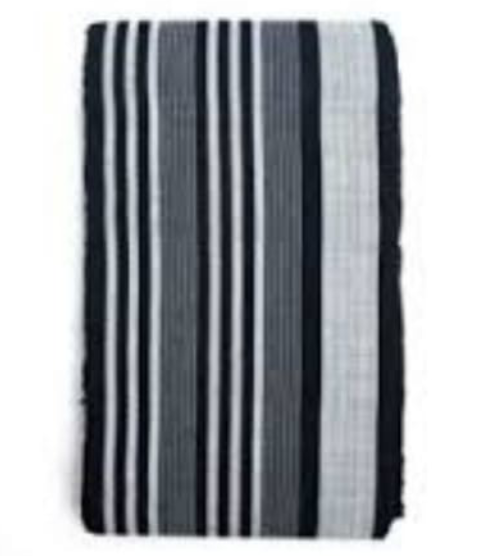
The blue and white cloths fall into three categories which are called Ikitipa, Itokuete, and Itogede, they have different cultural attires. The Ikitipa and Itokuete are sewn together while the third one Itogede is known as banana cloth, is one of the bast fibres that come from other plants as a funerary cloth, it can be used for both male and female burial and later used as a shroud. the Ikitipa wears can be used for both men and women.
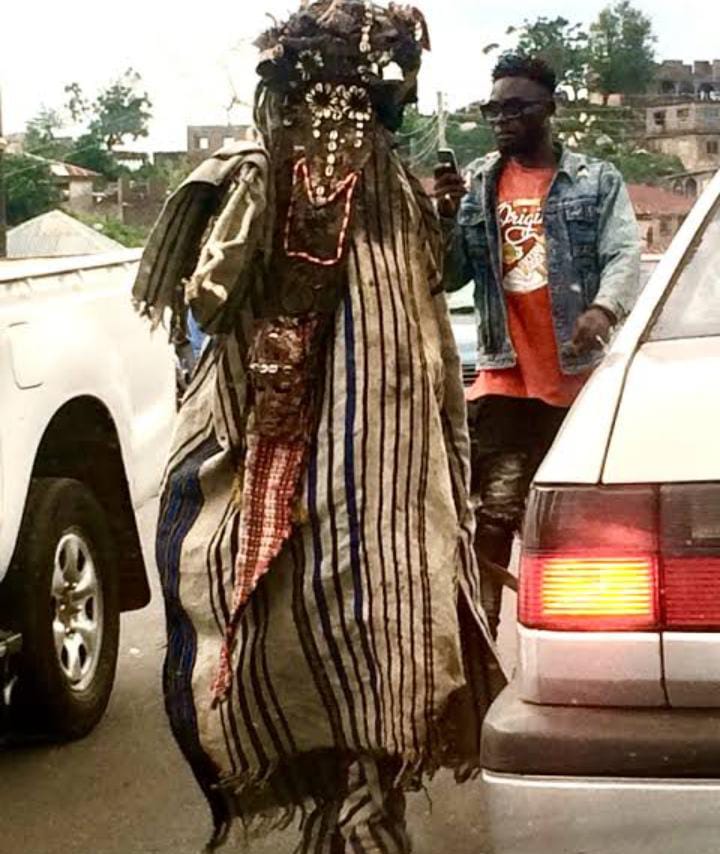
Masquerade in Ebria land is known as Éku, the Éku make use of the Ebira traditional attires by putting it on and making some proper sacrifice before going on any of these aesthetic, dramatic, social, ritual, therapeutic, cognitive, epistemological, and so on in other to entertain themselves and the whole communities in that particular area through dancing while listening to the musical instruments. In Kogi State, five local government areas also put on the Ebira attires namely Adavi, Okene, Ajaokuta, Okehi and Ogorimagongo which are also within parts of Ekiti and Ondo state.
The Ebira people are of good behaviour and have prestige and high self-esteem, which is very good and adorable. The Ebira language on how they speak it makes it so unique and beautiful while using musical instruments or Musical song and how they dance it look so easy and lovely. In Ebira land, there have both the Christianity religion, Islam religion and Traditional religion.
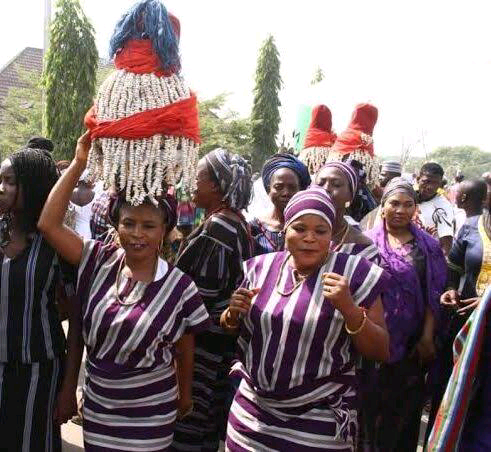
The Ebira attires are used for traditional marriage in Kogi state with the help of Ebira traditional local foods such as; Iya (Pounded Yam), Epete (Porridge Beans), Epeze (Beans Soup), Garri (Eba), Asharo (Porridge), Óve (moi-moi from water yam), Ikiza (Traditional Beans), Oyoyo (Ebira Draw Soup), Gorigo (Beniseed), Akara (Beans Cake), Ireru (Scent Leaf Soup), Ipapara (Melon Soup), Uka (Cassava Yam Flour), Apapa (moi-moi) and so on. All this local food can be used in traditional wedding or at home while making delicious meals out of it. The Apapa (moi-moi) and Akara (Beans Cake) is commonly used in Ebira traditional meeting.
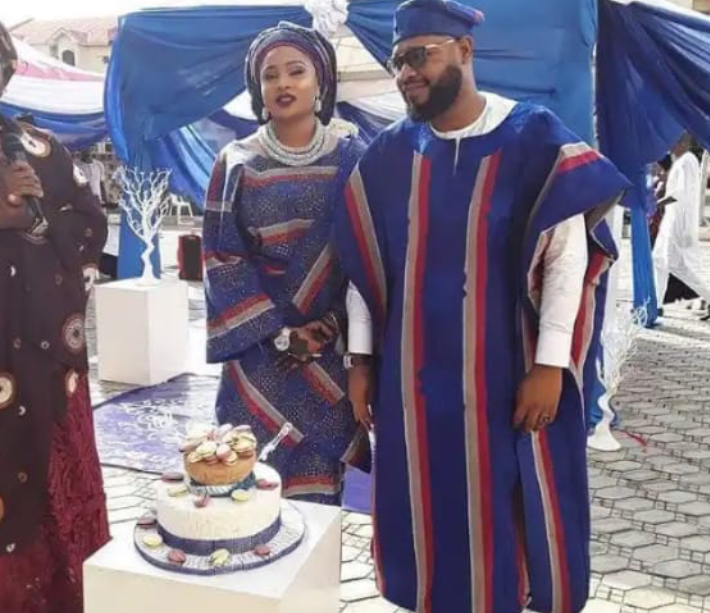
In Ebira land while preparing for a traditional wedding, the items one needs are palm oil, drinks (Assorted wines, Hot drinks, Minerals), kola nut, groundnut oil, a bag of salt, hundred tubers of yam, dried fish or dried bush meat, clothing materials in some boxes, pieces of jewellery and adornment for the lady, cash for the clan members and family elders, though optional, the groom many decide to present two wrappers to his lovely wife to be in other to show how lucky and how much he truly loves and adore her.
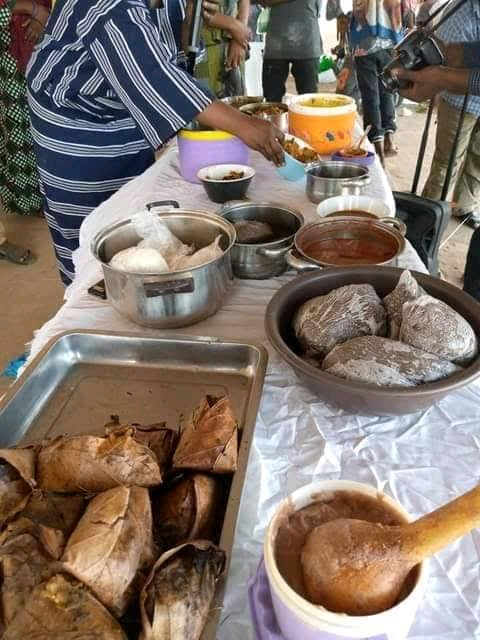
Ebira people have a unique feature of their culture with its ethic beauty that can be appreciated most in the event of traditional marriages. The bride price of an Ebira lady is normally agreed by her parents and it all depends on the financial status of the man that will be getting married to their beloved daughter.
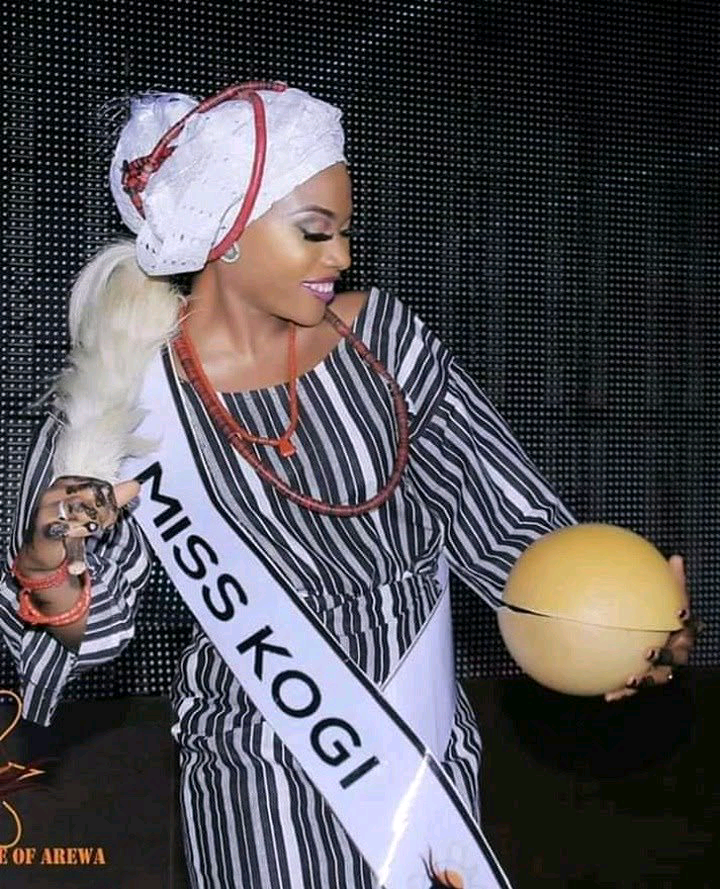
They are other prices to be paid after the initial bride priced which are "Otanvogel" which means "Joining hand together", "Ozemeiy" which means "I am attracted to her" and "Idoza" which stands for the farming price which is been done during the olden days. On the day of the traditional marriage. you would see some from the man's family that is the groom's family, each of them carrying tubers of yams on their heads in a dancing procession to the bride's home. During the occasion process, a religious leader is usually called to offer prayers along with both parents for the success of the union. when the traditional and colourful occasion would be brought to an end and the newly wedded bride while she is wearing the Ebira traditional attire, the bride's friends with other women escort the bride to her husband's home with her belongings while singing for her to show how happy they are that she is finally married to the love of her life.
In this modem world, the Ebira attires can be used for fashion most models who are from Kogi state make use of it as one of their traditional attires while doing a runway or pageant mostly make use of the white and black wears. The uniqueness of the Ebira cloth weaving tradition has given it a distinctive character among the various traditional textiles in Nigeria. Anyone that put on any of these Ebira attires does not need to introduce him or herself before you will know he or she is an Ebira person or from Kogi state and how he or she speaks, one will know this is an Ebira person talking.